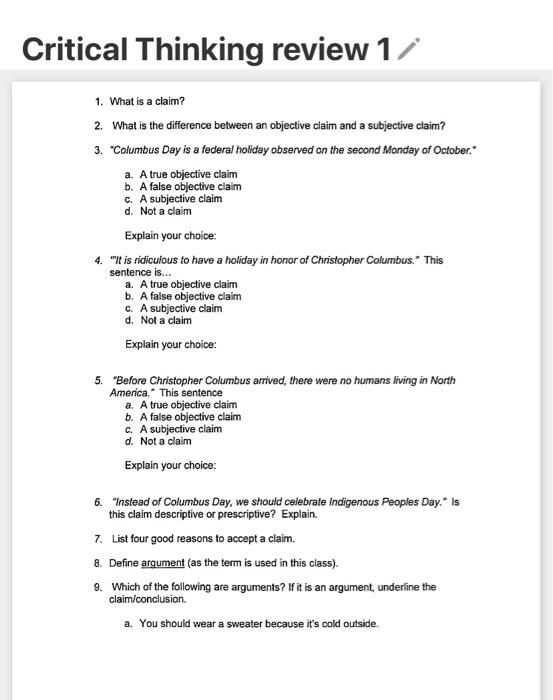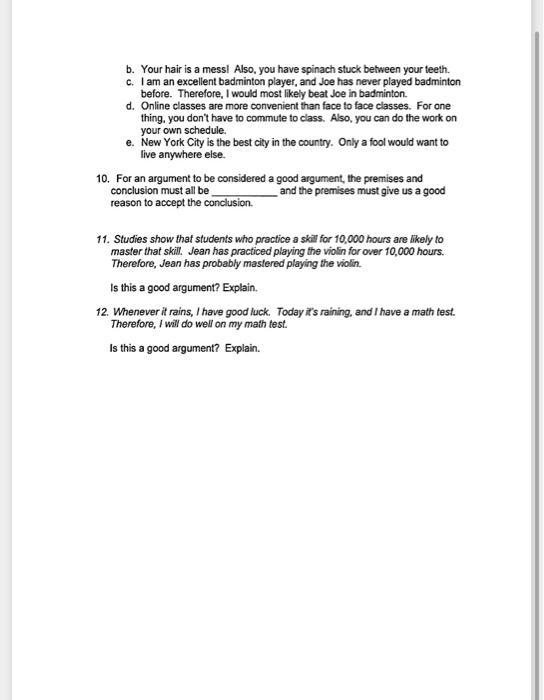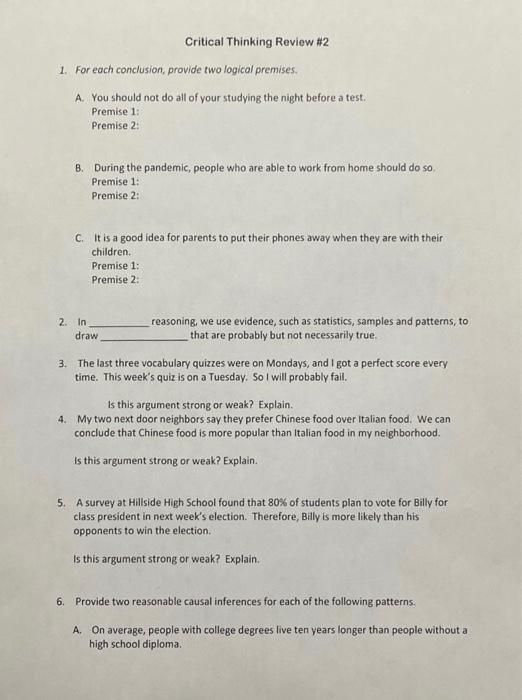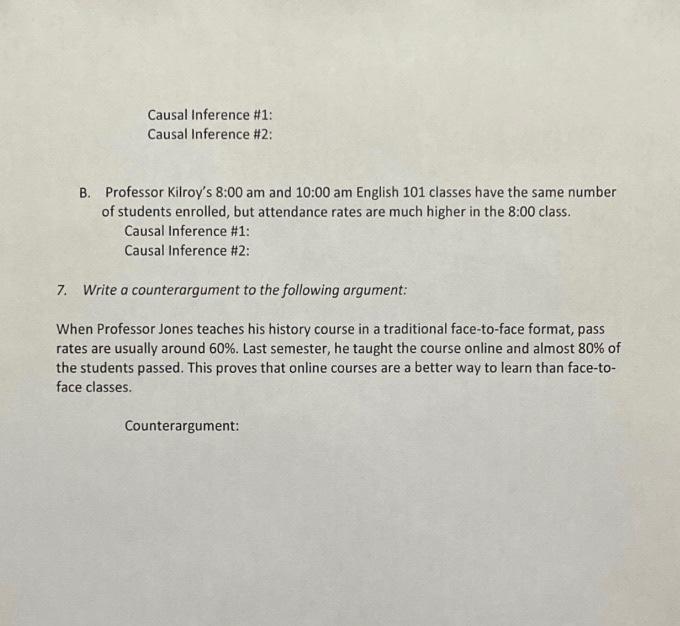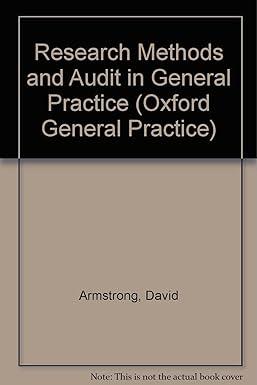Can someone please assist thank you.
Critical Thinking review 1) 1. What is a claim? 2. What is the difference between an objective claim and a subjective claim? 3. "Columbus Day is a federal holiday observed on the second Monday of October." a. A true objective claim b. A false objective claim C. A subjective claim d. Not a claim Explain your choice: 4. "It is ridiculous to have a holiday in honor of Christopher Columbus." This sentence is... a. A true objective claim b. A false objective claim C. A subjective claim d. Not a claim Explain your choice: 5. Before Christopher Columbus arrived, there were no humans living in North America. This sentence a. A true objective claim b. A false objective claim c. A subjective claim d. Not a claim Explain your choice: 6. "Instead of Columbus Day, we should celebrate Indigenous peoples Day." Is this claim descriptive or prescriptive? Explain. 7. List four good reasons to accept a claim. 8. Define argument (as the term is used in this class). 9. Which of the following are arguments? If it is an argument, underline the claim/conclusion a. You should wear a sweater because it's cold outside. b. Your hair is a mess! Also, you have spinach stuck between your teeth. c. I am an excellent badminton player, and Joe has never played badminton before. Therefore, I would most likely beat Joe in badminton d. Online classes are more convenient than face to face classes. For one thing, you don't have to commute to class. Also, you can do the work on your own schedule. e. New York City is the best city in the country. Only a fool would want to live anywhere else. 10. For an argument to be considered a good argument, the premises and conclusion must all be and the premises must give us a good reason to accept the conclusion 11. Studies show that students who practice a skill for 10,000 hours are likely to master that skill. Jean has practiced playing the violin for over 10,000 hours. Therefore, Jean has probably mastered playing the violin Is this a good argument? Explain. 12. Whenever it rains, I have good luck. Today it's raining, and I have a math test. Therefore, I will do well on my math test. Is this a good argument? Explain. Critical Thinking Review #2 1. For each conclusion, provide two logical premises. A. You should not do all of your studying the night before a test. Premise 1: Premise 2: a B. During the pandemic, people who are able to work from home should do so Premise 1: Premise 2: C. It is a good idea for parents to put their phones away when they are with their children. Premise 1: Premise 2: 2. In reasoning, we use evidence, such as statistics, samples and patterns, to draw that are probably but not necessarily true. 3. The last three vocabulary quizzes were on Mondays, and I got a perfect score every time. This week's quiz is on a Tuesday. So I will probably fail. Is this argument strong or weak? Explain. 4. My two next door neighbors say they prefer Chinese food over Italian food. We can conclude that Chinese food is more popular than Italian food in my neighborhood. Is this argument strong or weak? Explain. 5. A survey at Hillside High School found that 80% of students plan to vote for Billy for class president in next week's election. Therefore, Billy is more likely than his opponents to win the election, Is this argument strong or weak? Explain. 6. Provide two reasonable causal inferences for each of the following patterns. A. On average, people with college degrees live ten years longer than people without a high school diploma Causal Inference #1: Causal Inference #2: B. Professor Kilroy's 8:00 am and 10:00 am English 101 classes have the same number of students enrolled, but attendance rates are much higher in the 8:00 class. Causal Inference #1: Causal Inference #2: 7. Write a counterargument to the following argument: When Professor Jones teaches his history course in a traditional face-to-face format, pass rates are usually around 60%. Last semester, he taught the course online and almost 80% of the students passed. This proves that online courses are a better way to learn than face-to- face classes. Counterargument
